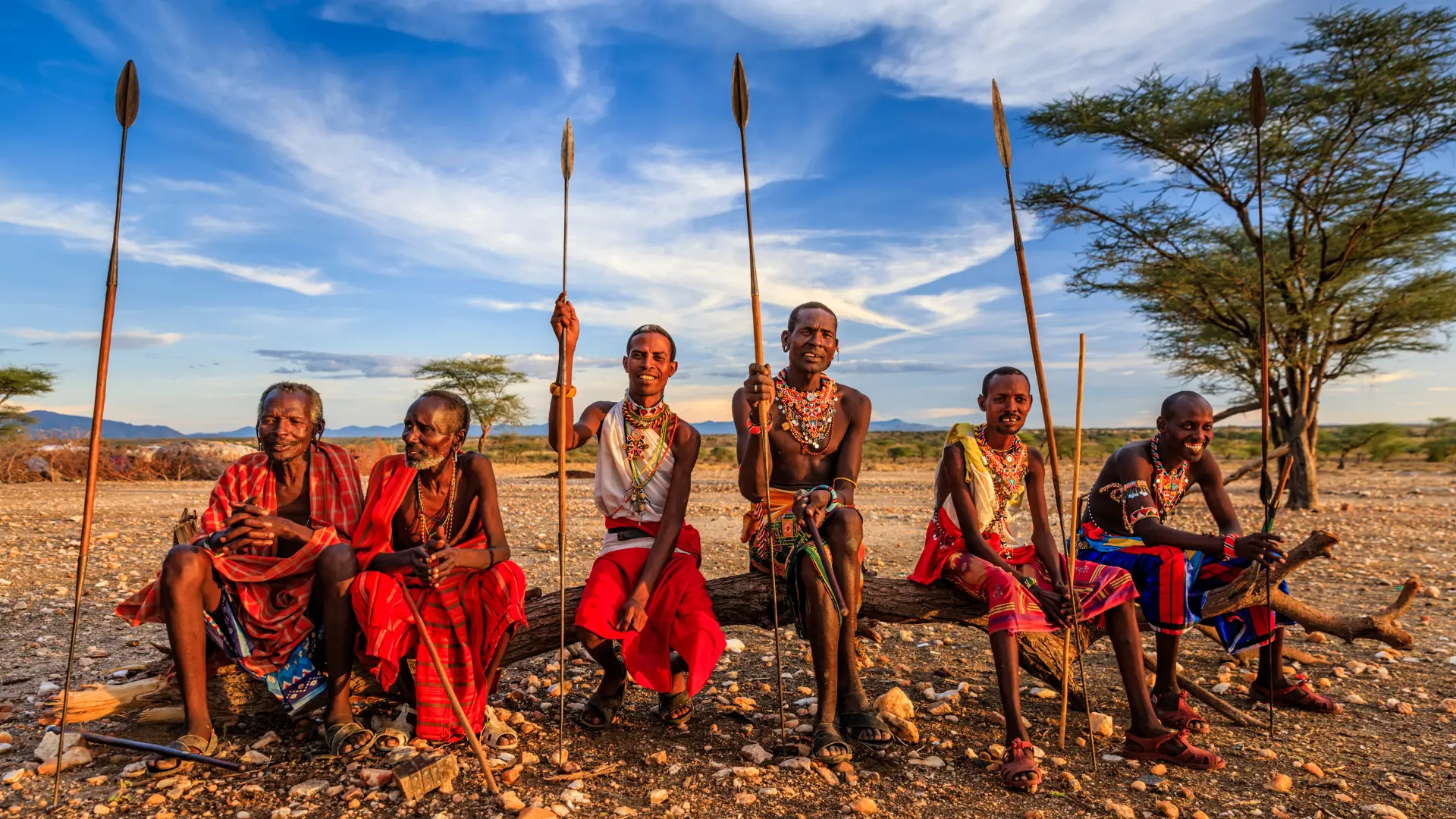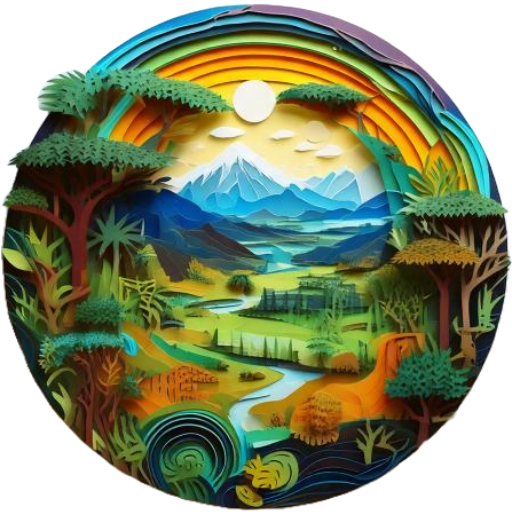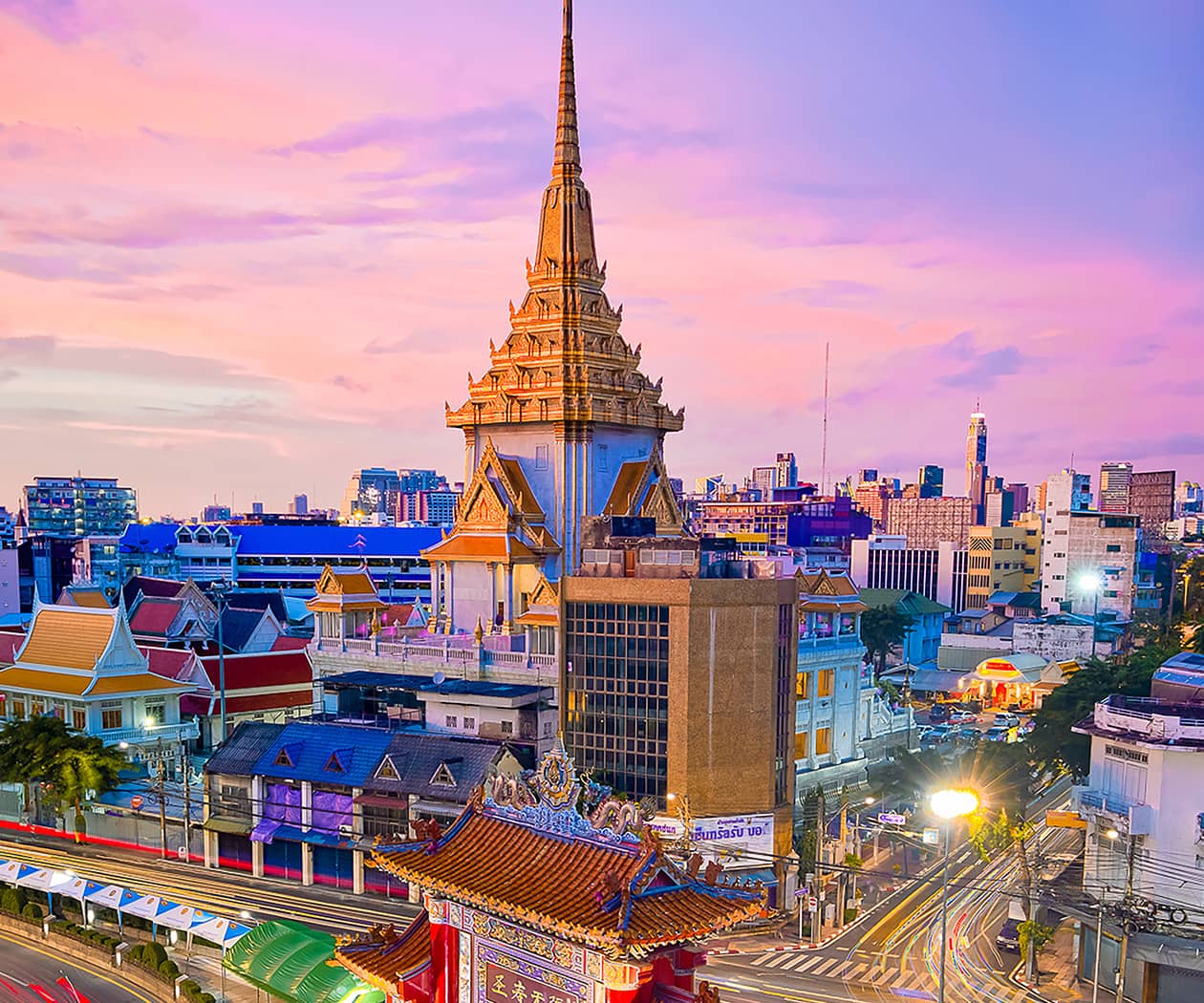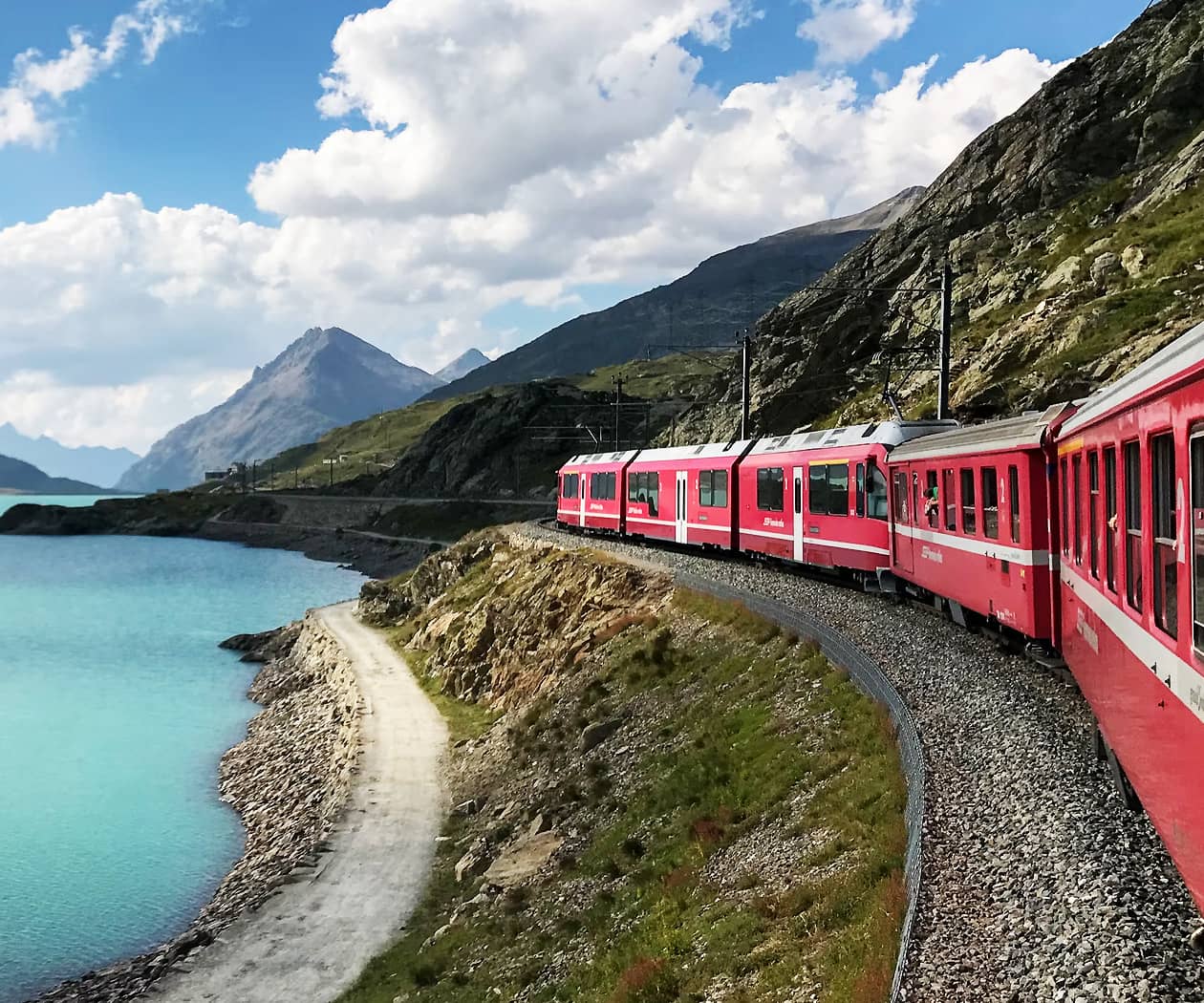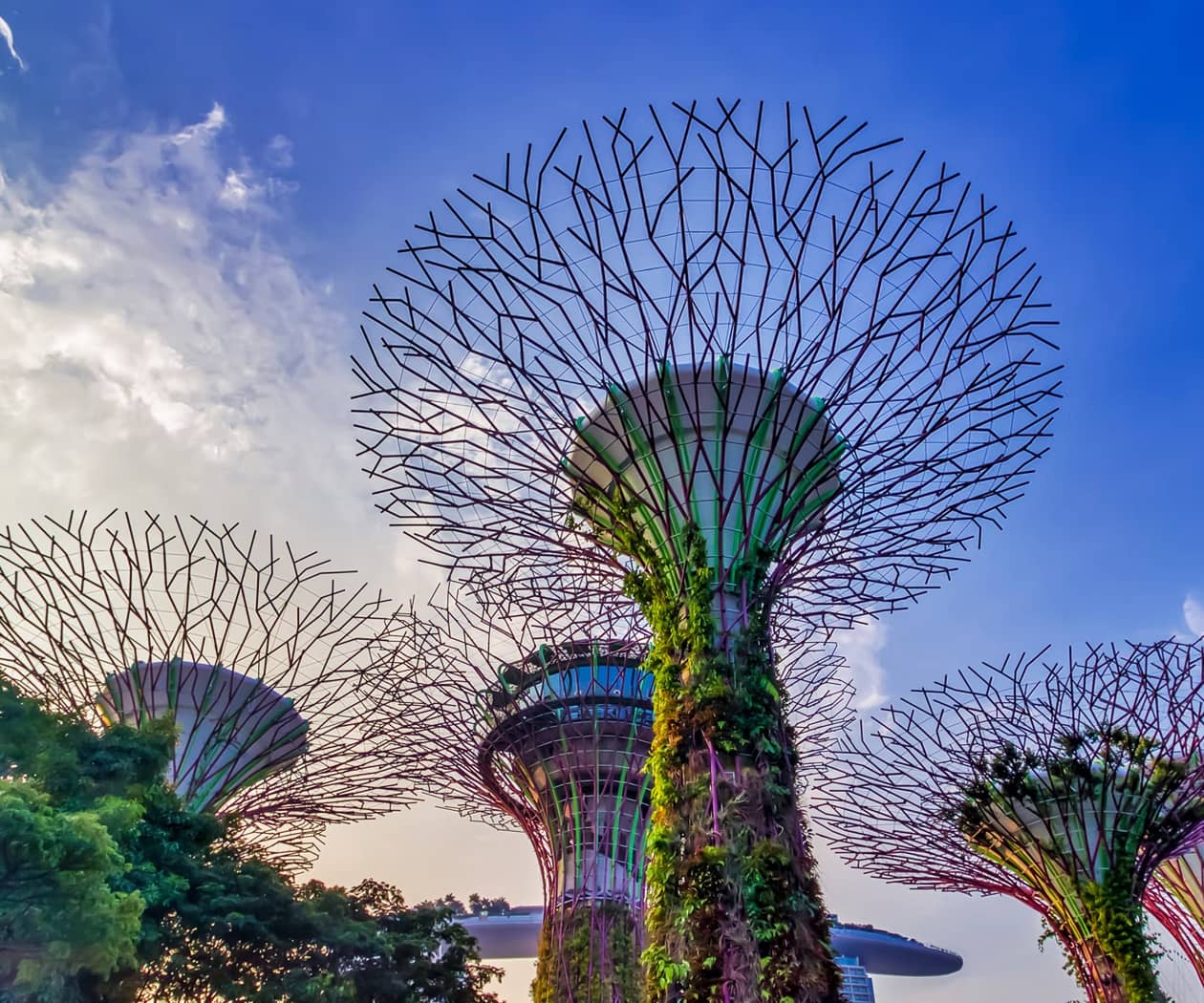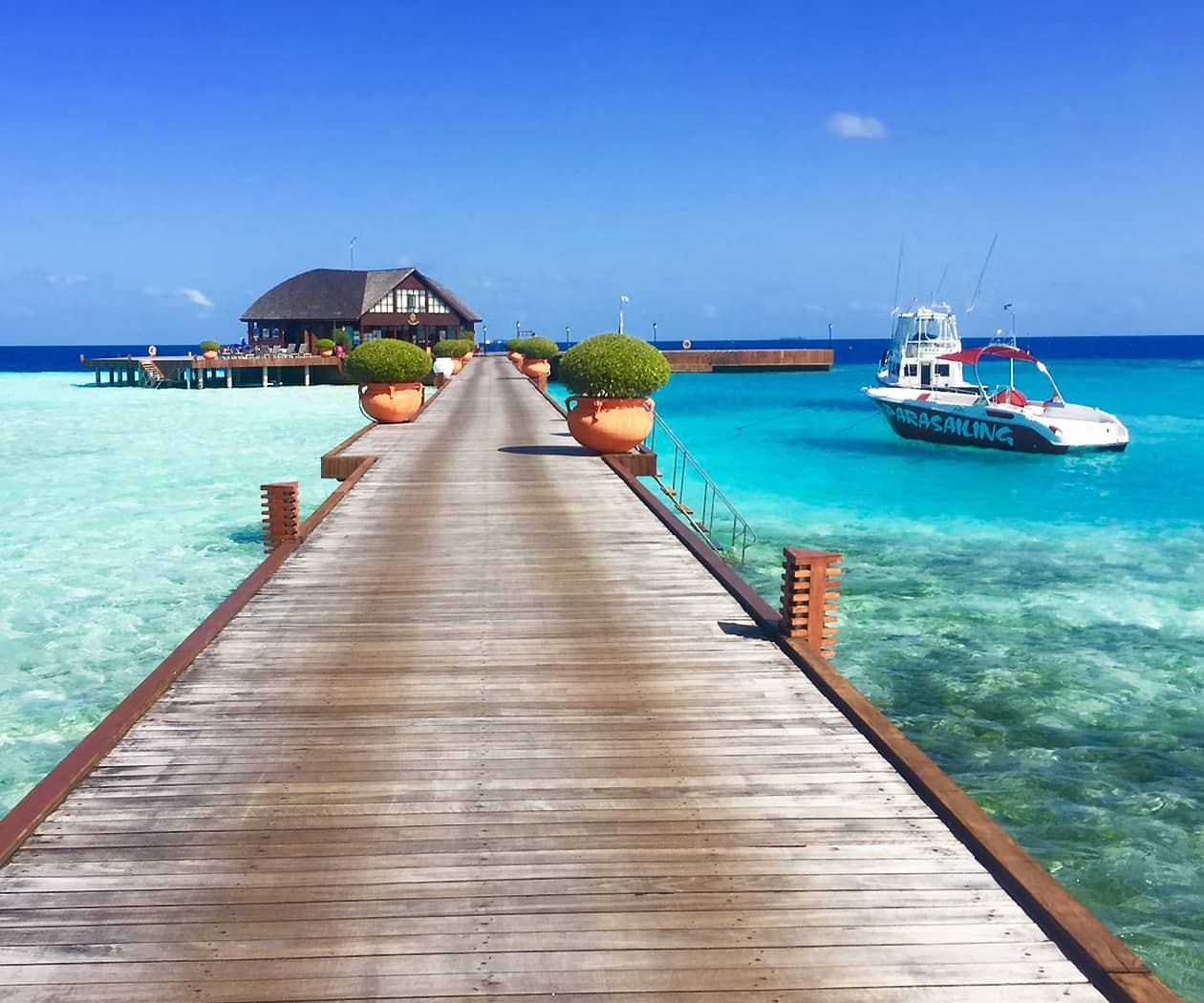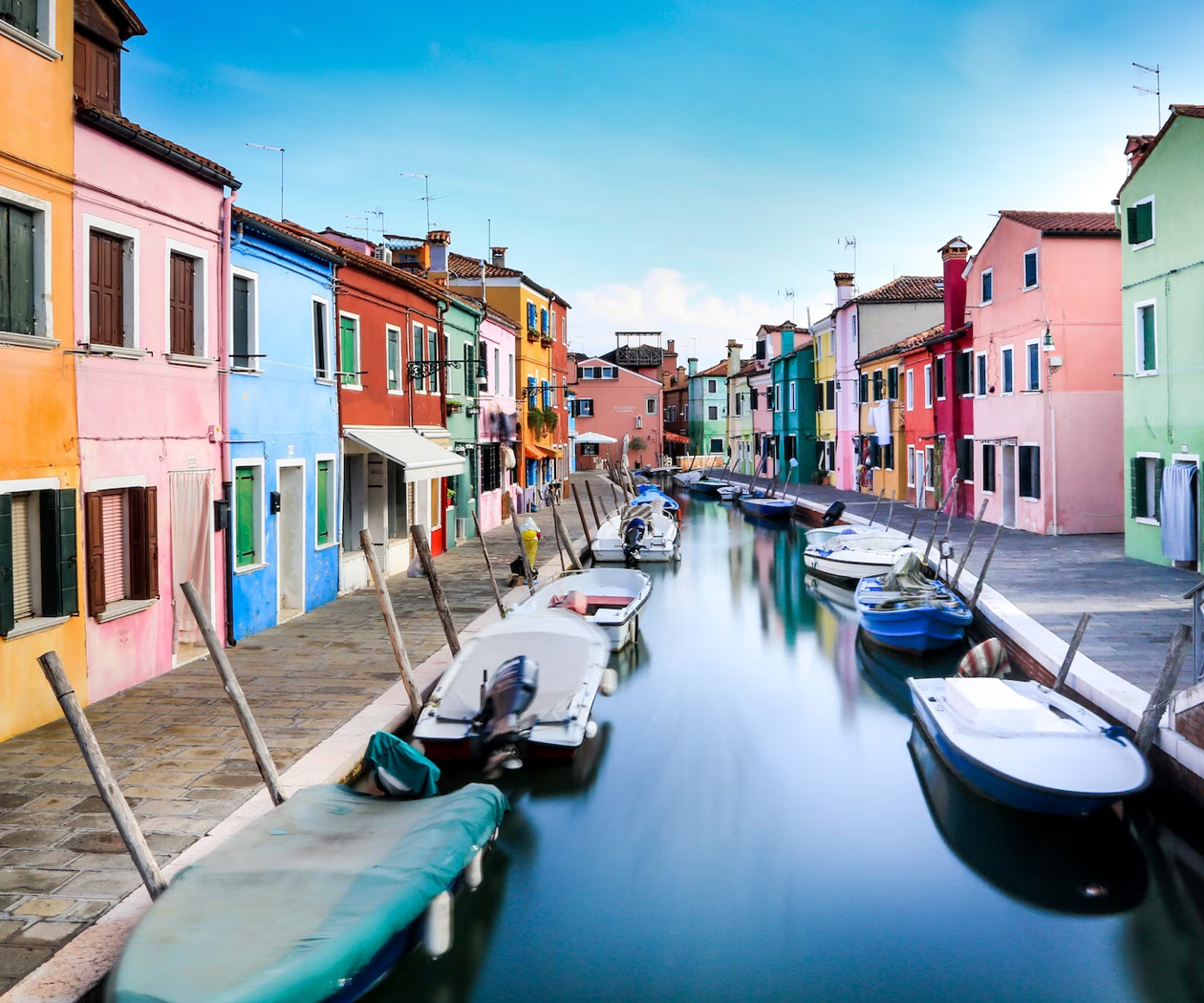Cultural experiences in Tanzania offer an incredible opportunity to connect with diverse and ancient traditions. The Hadza tribe, one of the last remaining hunter-gatherer societies, invites visitors to experience their unique way of life, including hunting with bows and arrows, foraging for wild foods, and learning about their spiritual and cultural practices. The Maasai people, famous for their vibrant attire and rich history, offer visitors a chance to immerse themselves in their customs through village visits, traditional dances, and insights into their pastoral lifestyle.
In addition to these tribal experiences, Tanzania’s local art scene reflects its cultural diversity, with opportunities to explore traditional crafts, wood carvings, beadwork, and contemporary works at local markets and galleries. For those interested in Tanzania’s agricultural roots, visiting coffee farmers in Arusha provides a hands-on experience of coffee cultivation, where you can learn about the growing process, participate in picking and roasting, and savour some of the finest coffee in the world. Each of these experiences offers a unique and enriching way to engage with Tanzania’s cultural heritage.

Sauti za Busara Music Festival
Zanzibar, Tanzania
The Sauti za Busara music festival, held annually in Stone Town, Zanzibar, is a vibrant celebration of African music and culture. Expect a diverse lineup of artists from across the continent, showcasing a wide range of genres, from traditional Taarab and Bongo Flava to Afro-fusion and contemporary sounds. The festival atmosphere is electric, with multiple stages, parades, and a lively carnival atmosphere that takes over the historic streets of Stone Town. It’s a fantastic opportunity to discover new music, dance, connect with locals and fellow music lovers, and immerse yourself in the rich sounds and rhythms of Africa.

Lake Eyasi
Arusha, Tanzania
Lake Eyasi in Tanzania offers unique and authentic cultural experiences, particularly with the Hadzabe and Datoga tribes, two of the last remaining hunter-gatherer and pastoralist communities in Africa. Expect to witness their traditional way of life, largely unchanged for centuries. You can join the Hadzabe on a hunting excursion, learning their ancient techniques and survival skills, or visit a Datoga village to observe their blacksmithing skills and learn about their pastoralist culture. These interactions are respectful and immersive, providing a rare glimpse into fading traditions and a deeper understanding of human history and adaptation to the environment. Be prepared for a raw and unfiltered cultural encounter that goes beyond the typical tourist experience.

Mto wa Mbu village
Arusha, Tanzania
Mto wa Mbu, a bustling village near Lake Manyara in Tanzania, offers a melting pot of cultural experiences, representing over 120 different Tanzanian tribes. Expect to encounter a vibrant mix of traditions, languages, and customs as you explore the village. You can visit local farms, sample banana beer at a brewery, learn about Makonde wood carvings, or browse the colourful market filled with crafts, produce, and local goods. Engaging with the friendly locals offers a chance to gain insight into their daily lives, agricultural practices, and artistic traditions. It’s a chance to experience the diverse tapestry of Tanzanian culture in a single, dynamic location, often as a stopover before or after visiting nearby national parks.

Maasai Village
Tanzania
Visiting a Maasai village in Tanzania offers a glimpse into the unique and vibrant culture of this iconic semi-nomadic tribe. Expect to be welcomed with traditional songs and dances, often including the famous “jumping dance.” You’ll witness their distinctive red attire and intricate beadwork, learn about their pastoralist lifestyle centred around cattle, and see their traditionally built homes, known as “bomas.” Many villages offer the chance to learn about their customs, social structure, and the challenges they face in modern times. It’s important to choose a reputable tour operator that prioritizes respectful and authentic cultural exchange, ensuring that the community benefits directly from tourism.


